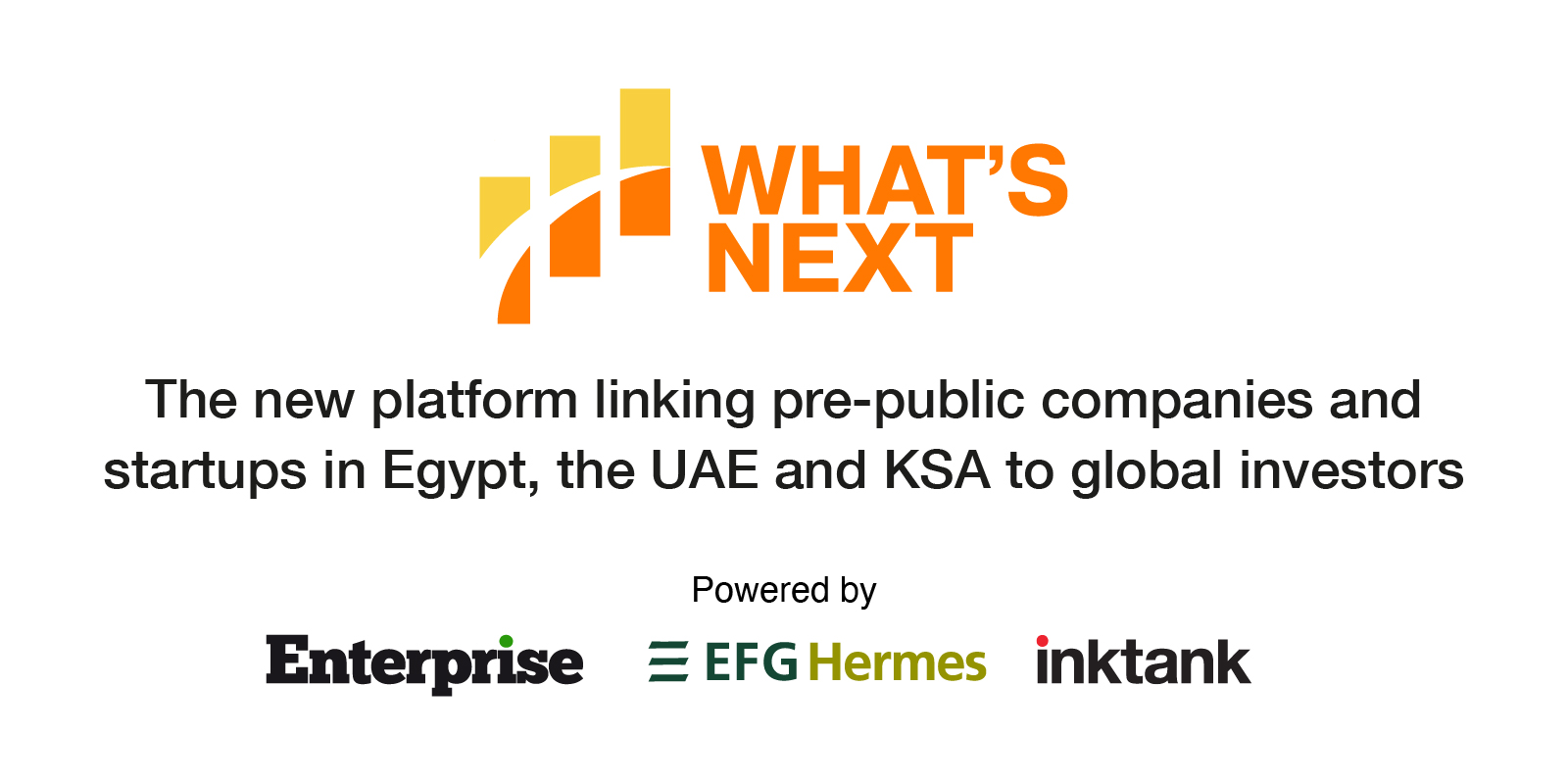The startups of Nigeria cont’d: After looking at how Nigeria attracted USD 1.8 bn in startup funding in 2021, and what’s could be next for StartupLand over there, we now want to take you on a tour of a few startups we’ve either personally met or heard about during our trip to Lagos a few weeks ago.
(If you missed our travel logs this week, catch up on them here: Enterprise is visiting Planet Startup — in Nigeria | Day one | Day two | Day three | Goodbye, Lagos.)
Fintech remains king, but we decided to look at more sectors: We’ve been exposed to an abundance of fintech startups in Lagos, either through meetings or simply just the number of billboards on literally every street. But there’s more to the “Giant of Africa'' than fintech. Here are some of the startups we had the pleasure of meeting on the road or heard interesting stories about, and what they’re doing.
#1- Semicolon — The software engineering talent factory: Operating across two buildings in Lagos’ busy Yaba Valley, Semicolon is looking to fill the software engineers gap that the country is grappling with. The software company trains literally anyone on how to become a software engineer.
It also promises graduates one of three things: a job at a big company, a space in its venture studio to build your own startup for a year, or a job at Semicolon Labs, which develops software products for companies. So far, over 450 people have graduated from Semicolon’s training program, with a 98% successful placement rate.
How does the venture studio work? If you enroll in its venture studio, Semicolon will take 10% equity in exchange for office space, as well as business strategy and organizational structuring support. It has 15 portfolio companies to date.
So far, the company has raised USD 1.2 mn from angel investors, and is currently looking to raise an additional USD 7.5 mn.
Who they remind us of at home: The closest to Semicolon we could find here in Egypt is digital tech agency Robusta. Among other things, Robusta collaborates with companies abroad to hire tech talent for them, and also launched its own venture studio Fibonacci last year.
#2- Paga — Nigeria’s Fawry: Boasting 20 mn users and 140k POSs, mobile payments provider Paga allows consumers to send and receive money without fees and other mobile banking services. It also serves as a payments platform for bills and goods. Businesses can use Paga for collections, bulk disbursements and cross border transactions. Having started 10 years ago (when the industry was nonexistent), the founders had worked on educating regulators about digital payments in the early days.
Their customer acquisition strategy intrigued us: Besides the usual word-of-mouth, Paga targets key local small businesses and stores, and by getting the owners on-side, they would then market Paga to the community.
To date, the company has raised USD 36.7 mn through five investment rounds, with one of its investors being former chairman of Goldman Sachs Asset Management and former UK government minister Jim O’Neill.
Who they remind us of at home: Paga sounds familiar to followers of the history of fintech giant Fawry, aiming to solve some of the same problems and offering similar services.
#3- TerraGen — the fuelless generator: With a mission to eradicate energy poverty by providing clean, affordable, and sustainable renewable energy, TerraGen Energy Solutions’ flagship product is a fuelless generator. The TerraGen generator uses wind, gravity and IoT-based technology to produce an off-grid, battery- and gravity-powered electricity. We heard about them while we were visiting Impact Hub Lagos, who have one such generator installed in their parking lot. The generator is 30% smaller than a diesel generator and can provide uninterrupted power for 72 hours. It can be operated remotely in real-time and is designed to communicate with other IoT devices.
Why is this important? While Lagos is considered the business capital of Nigeria, hour-long power outages as frequently as 3-4 times a day are the norm. That is why (almost) every building in Lagos has its own generator, for which occupants need to pay and provide diesel fuel. Having a generator that does not need to frequently be fed diesel could therefore truly change the lives of locals.
How much have they raised: To-date, Terragen has not closed on any investment rounds but are in talks, company officials tell us.
Who they remind us of at home: No one really. And that’s not necessarily a bad thing. As we’ve frequently noted, Egypt’s electricity production capacity far outpaces its consumption (by around 30 GW when last we checked). Yes, brownouts here haven’t totally been eradicated. But as we noted a few years back, that’s a consequence of our transmission systems not catching up with power generation.
#4- TechCabal — a window into Africa’s StartupLand: Nigeria’s startup scene is vibrant, and to cover it all, a local media startup emerged. TechCabal, which covers tech and entrepreneurship across Africa, is a subsidiary of Big Cabal Media, a Nigerian digital media company. Currently, TechCabal boasts almost 64k subscribers and over 178k monthly users.
To date, Big Cabal Media has raised USD 2.9 mn from two investment rounds.
Who they remind us of at home: This new media company shares much with Enterprise — think of it as a smaller version of your favorite morning read that’s more focused on tech and entrepreneurship in Africa. Like us, they have a newsletter and were spawned from a communications firm.
Your top stories on future trends for the week:

